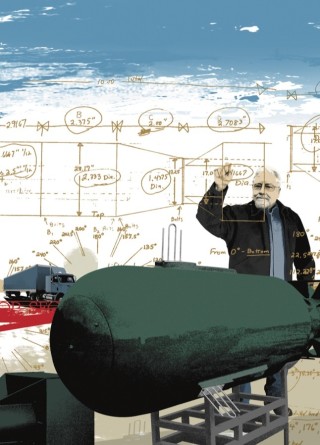Anonymous seems to have released the name of the Officer who shot Brown in Ferguson, as well as a lot of related information like the 911 audio recordings of that day.
But Anonymous also released details about city workers and posted photos of Jon Belmar, the chief of the St. Louis County police who is conducting the investigation into the shooting, as well as those of his wife, son and daughter. It also posted Chief Belmar’s home address and telephone number. The group threatened to bring down city, county and federal networks if the police overreacted to rallies and protests.
This is a dangerous line. Being outraged by police conduct is one thing. But why threaten his family? Why threaten to destroy a public service?
On one side, the Ferguson Police Force is overreacting by militarizing itself, threatening journalists and being irrationally protective of the information it holds – especially when you know that hackers or journalists can access it eventually?
There is a lack of effective ways to put this kind of behavior into question. The democratic feedback seems too slow for the age of information. People don’t feel like they’re in control anymore, and they can resort to irrationality and personal initiatives to restore that control. But what’s next? A revenge raid against the family of the chief of the Police?
Via the NYT : Anger Simmers in Ferguson, Missouri; Hackers Claim to Name Officer








